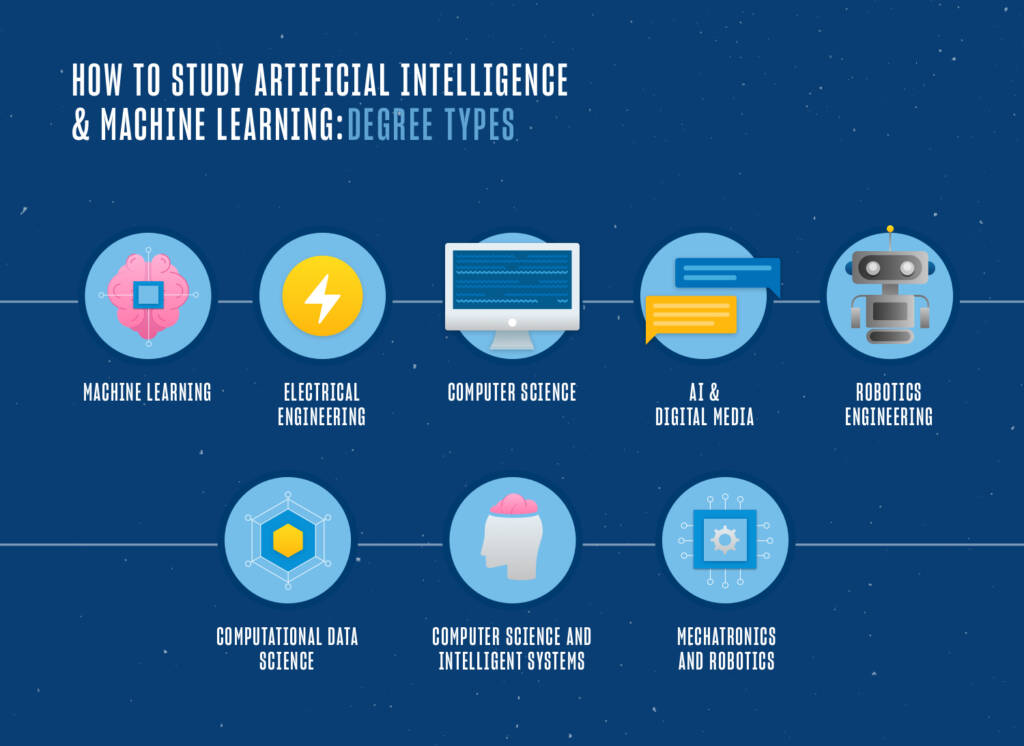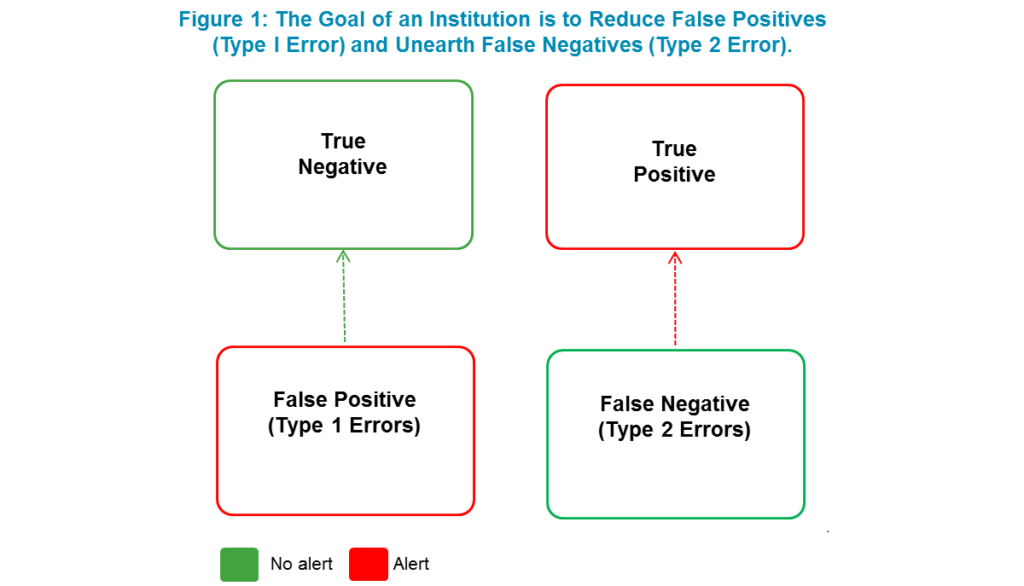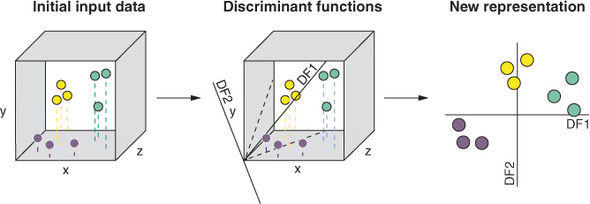In recent years, the field of machine learning has experienced exponential growth, and it is not difficult to see why. From self-driving cars to personalized recommendations on streaming platforms, machine learning algorithms have become an integral part of our everyday lives. This rapid growth has also led to an increased demand for professionals with expertise in machine learning, making it a highly sought-after career path. However, the question remains: do you need a master’s degree to pursue a career in machine learning?
The short answer is no, you do not necessarily need a master’s degree to work in machine learning. However, having a master’s degree can certainly give you an edge in the job market and help you acquire the skills and knowledge required to excel in this field. In this article, we will explore the benefits of pursuing a master’s degree in machine learning, as well as alternative paths for those who do not wish to pursue a graduate degree. So, whether you are a recent graduate or a professional looking to transition into the field of machine learning, read on to discover what options are available to you.

Do You Need a Masters for Machine Learning?
Machine learning is one of the most exciting and rapidly growing fields in the world of technology today. It has become a valuable tool in many industries and is being used to solve complex problems. But, do you need a masters degree to pursue a career in machine learning?
Understanding What Machine Learning Is
Machine learning is a type of artificial intelligence that allows computers to learn from data, identify patterns, and make decisions without being explicitly programmed to do so. It is a type of data-driven learning that uses algorithms to identify patterns in data, then use those patterns to make predictions. Machine learning is used in a wide variety of fields, such as finance, healthcare, marketing, and more.
Do You Need a Masters Degree?
In short, no. A masters degree is not required to pursue a career in machine learning. While a masters degree may be helpful, it is not necessary. Many employers are more interested in a candidate’s experience and skillset than their level of education.
There are many different avenues to pursue a career in machine learning without having to obtain a masters degree. For those who do not have the time or resources to pursue a masters degree, there are plenty of online courses and boot camps available. In addition, there are many coding languages and libraries that are used in machine learning, and these can be learned through online tutorials and resources. Additionally, attending events and conferences related to machine learning can be a great way to network and gain knowledge.
Frequently Asked Questions
Do you need a master’s degree for machine learning? This is a popular question for those considering a career in machine learning. The short answer is “No”, but the longer answer is more nuanced.
Does a Masters Degree in Machine Learning Help?
A Master’s degree in Machine Learning can help, but it isn’t a prerequisite. Those who want to become experts in the field may want to pursue a Master’s degree in order to gain a thorough understanding of the principles and techniques in machine learning. However, there are many courses and tutorials available online and through universities that can provide a good foundation in the subject. This means that those without a Master’s degree can still become qualified in the field of machine learning.
What Skills Are Necessary for Machine Learning?
It’s important for those entering the field of machine learning to have some understanding of mathematics, statistics, and computer science. Skills such as programming, algorithms, and software development are also important. It’s also essential to have an understanding of the different types of machine learning algorithms and their application in different areas. A good understanding of databases, data analysis, and data visualization are also important.
What Are Some Ways to Learn Machine Learning?
There are a variety of ways to learn about machine learning. Self-study is one option, and there are plenty of courses and tutorials available online. Attending a university or college that offers a degree in machine learning can also be a great way to gain an understanding of the field. Additionally, attending conferences and workshops can provide a great opportunity to network and learn from experienced experts in the field.
What Are the Benefits of Pursuing a Masters Degree in Machine Learning?
Getting a Master’s degree in machine learning can open up many opportunities for those seeking to become experts in the field. It can provide a thorough understanding of the principles and techniques needed to become a successful machine learning engineer. It can also provide knowledge of the latest trends and developments in the field, as well as the chance to network with other experts in the field.
What Are the Disadvantages of Pursuing a Masters Degree in Machine Learning?
The cost of a Master’s degree in machine learning can be prohibitive for some. Additionally, it can take a long time to complete a degree, and those who want to enter the field quickly may not want to wait. Additionally, it’s possible to become an expert in machine learning without a Master’s degree, so it’s important to weigh the costs and benefits before making a decision.

In conclusion, the question of whether or not you need a master’s degree for machine learning is not a straightforward one. While having a master’s degree can certainly give you a competitive edge and equip you with advanced technical skills and knowledge, it is not an absolute requirement for success in this field. There are many other paths to gaining expertise in machine learning, including online courses, boot camps, and self-study. Ultimately, the most important factor in achieving success in machine learning is a deep passion for the subject, a willingness to learn continuously, and a commitment to hard work and perseverance.
As machine learning continues to grow in importance across all industries and sectors, the demand for skilled professionals in this field will only continue to increase. Whether you choose to pursue a master’s degree or not, there has never been a better time to enter this exciting and rapidly evolving field. With the right combination of technical skills, creativity, and business acumen, you can become a leader in machine learning and make a significant impact on the world around you.



